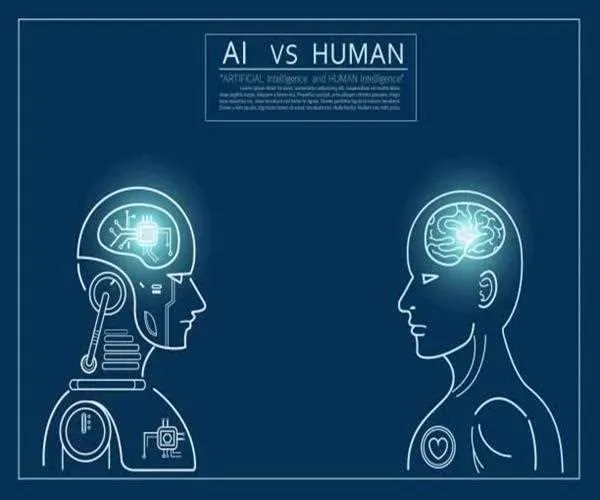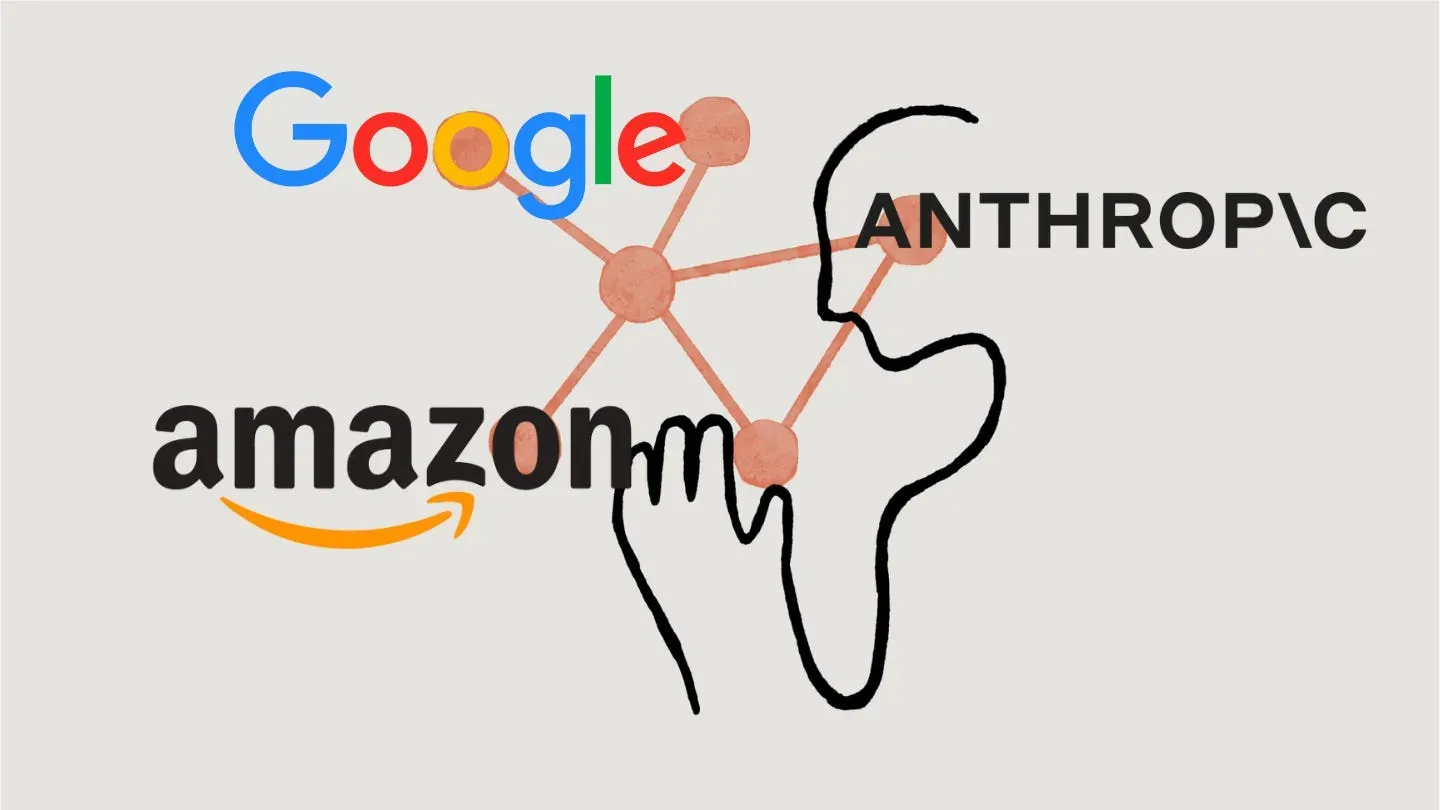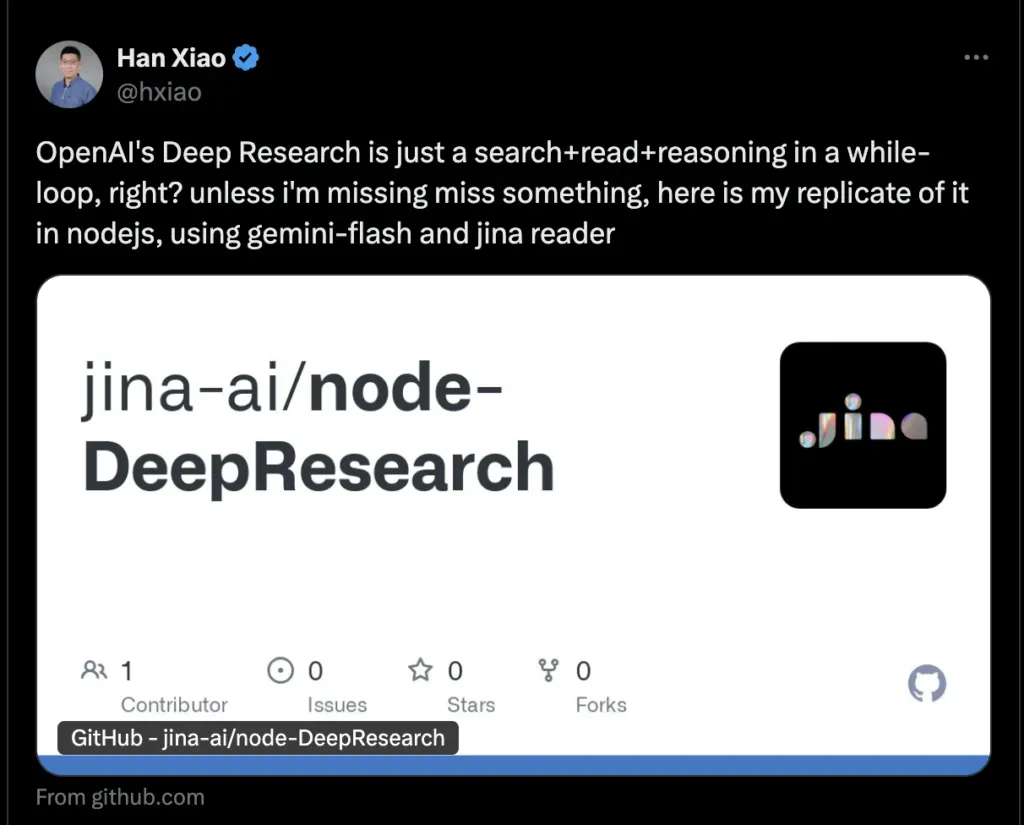Citations are becoming an essential feature in the evolving landscape of AI, particularly with the recent announcement from Anthropic regarding their new API capability. Designed to enhance Claude models, this innovative tool aims to minimize AI confabulation—often referred to as hallucination—by directly linking responses to source documents. By allowing developers to integrate source citations into the context window, Claude can now automatically reference passages that inform its answers, thereby improving recall accuracy significantly. This advancement not only supports the integrity of generated content but also underpins the use of Retrieval Augmented Generation techniques, making knowledge retrieval more reliable. As the technology matures, Citations promise to reshape how we interact with AI, fostering greater trust in the information provided by these advanced systems.
In the realm of artificial intelligence, the concept of source referencing is gaining traction, particularly with the introduction of Anthropic’s latest feature, Citations. This functionality enhances Claude models by enabling them to link their generated responses to specific documents, thereby addressing issues of accuracy and reliability. Known as source citations, this feature is critical in combating AI confabulation—where models may inadvertently produce false information. The integration of Retrieval Augmented Generation (RAG) techniques plays a pivotal role in this process, allowing AI systems to retrieve relevant information efficiently. As AI continues to evolve, the ability to cite sources accurately is becoming increasingly vital for maintaining user trust and confidence in these technologies.
Understanding the Anthropic API and Claude Models
The Anthropic API serves as a gateway for developers to integrate Claude models into their applications, providing advanced functionalities powered by artificial intelligence. Claude models, known for their conversational capabilities, are designed to understand and generate human-like text. With the recent introduction of the Citations feature, developers can now enhance the reliability of responses by providing source documents that Claude can reference directly. This integration not only improves the accuracy of information but also aligns with the growing demand for transparency in AI-generated content.
By leveraging the Anthropic API, developers can input various document types, including PDFs and plaintext files, which are then processed into manageable chunks for Claude to analyze. This process allows the model to incorporate specific passages when responding to user queries. The synergy between the API and Claude models exemplifies how artificial intelligence can be enhanced through effective retrieval mechanisms, enabling applications to deliver more trustworthy and contextually relevant information.
The Role of Citations in Reducing AI Confabulation
Citations play a crucial role in mitigating the risk of AI confabulation, often referred to as hallucinations, where models generate misleading or entirely fabricated information. By providing a mechanism for Claude models to link their responses to verified sources, Anthropic aims to increase the credibility of the information presented. This feature is particularly significant in contexts such as legal and financial applications, where accuracy is paramount. For instance, legal professionals using the CoCounsel platform benefit from enhanced reliability through cited references, which helps minimize the risk of misinformation.
The introduction of Citations not only improves the accuracy of responses but also fosters trust among users. As AI continues to evolve, the ability to reference specific documents empowers developers to create applications that prioritize factual integrity. The feedback from early adopters, such as Thomson Reuters and Endex, indicates that the Citations feature has successfully reduced confabulations and increased the volume of referenced material in responses, showcasing its potential impact on various industries.
Exploring Retrieval Augmented Generation (RAG) Techniques
Retrieval Augmented Generation (RAG) techniques represent a significant advancement in how AI models process and generate information. This approach combines the power of retrieving relevant documents with the generative capabilities of language models like Claude. By implementing RAG, Claude can effectively address user inquiries by sourcing pertinent text fragments, enhancing the quality and relevance of its responses. This method not only streamlines the information retrieval process but also minimizes the likelihood of generating inaccurate details.
The integration of RAG within Claude models, particularly through the Citations feature, sets a new standard for AI interactions. Users can expect more accurate and contextually rich answers, especially when dealing with complex topics that require nuanced understanding. As AI researchers like Simon Willison highlight, the challenge lies in ensuring that models do not rely solely on their training data but instead utilize real-time information from credible sources, making RAG a vital component in the evolution of reliable AI systems.
Benefits of Source Citations in AI Applications
Incorporating source citations into AI-generated responses offers numerous benefits, particularly in fields such as law, finance, and technical support. By directly linking responses to authoritative documents, users can verify the accuracy of the information provided by AI models like Claude. This capability is essential for professionals who rely on precise data to make informed decisions. For example, in legal settings, cited references can substantiate arguments and enhance overall credibility, thereby instilling greater confidence among clients and stakeholders.
Moreover, the benefits extend beyond accuracy; they also include improved efficiency in information retrieval. With the Citations feature, users can quickly access relevant data without sifting through extensive documents. This streamlined process is particularly useful for organizations that require rapid access to key points within lengthy texts. As AI technology continues to advance, the emphasis on source citations will likely grow, leading to more reliable and efficient applications across various industries.
The Impact of Citations on AI Recall Accuracy
One of the remarkable outcomes of implementing the Citations feature is the reported increase in recall accuracy by up to 15 percent during internal testing. This improvement indicates that Claude models can more effectively retrieve and reference pertinent information when responding to user queries. The significance of this enhancement cannot be overstated, as accurate recall is crucial for ensuring that users receive relevant and trustworthy content. The ability to cite sources directly contributes to this accuracy, as it aligns the model’s responses with the context provided by reputable documents.
The boost in recall accuracy is particularly noteworthy when considering the challenges associated with AI confabulation. By integrating citations into the response generation process, developers can mitigate the risks associated with misinformation. This advancement not only benefits individual users but also enhances the overall reliability of AI applications, fostering greater trust in the technology. As organizations increasingly adopt these features, the potential for improved accuracy and reliability in AI-generated content will likely drive further innovation in the field.
Implementing Citations in Developer Applications
For developers looking to incorporate the Citations feature into their applications, the process is straightforward. By utilizing the Anthropic API, developers can enable citations by passing a specific parameter, ‘citations: {enabled:true}’, with the documents they submit. This simplicity ensures that developers can quickly leverage the power of source citations without extensive overhead. As organizations seek to enhance the reliability of their AI solutions, the ability to easily implement such features becomes a significant advantage.
Moreover, the integration of citations into applications opens up new possibilities for innovative use cases. For example, in customer support systems, AI can provide answers that not only resolve user inquiries but also link back to relevant product documentation. This not only improves user satisfaction but also reduces the burden on human support representatives. As more developers adopt the Citations feature, we can expect a shift towards more transparent and accountable AI solutions.
Challenges and Considerations for AI Citations
Despite the promising advancements brought by the Citations feature, challenges remain in ensuring that AI systems can consistently and accurately cite sources. As Anthropic’s Alex Albert noted, while Claude is trained to cite, the practical implementation of this capability can be complex. Developers must consider the quality and relevance of the documents they provide, as well as the potential for outdated or inaccurate information to be referenced. This highlights the need for ongoing validation and improvement of citation systems within AI models.
Additionally, while the Citations feature aims to enhance accuracy, it is essential for users to remain cognizant of the inherent limitations of AI. The reliance on any large language model to convey reference information accurately poses risks, especially in high-stakes environments. Continuous research and testing will be necessary to refine the technology and address these challenges, ensuring that AI-generated content remains trustworthy and reliable.
Future Prospects of Citations in AI Development
The future of AI development is poised to be significantly influenced by the incorporation of citation features like those introduced by Anthropic. As the demand for transparency and accuracy in AI-generated content grows, the ability to cite sources will become increasingly important across various industries. This trend will likely drive further enhancements in AI technology, encouraging developers to prioritize the integration of citation capabilities in their applications. The ongoing evolution of AI will focus on building systems that not only generate content but also validate it against credible sources.
Looking ahead, we can expect that the insights gained from implementing citations will inform the development of more sophisticated AI systems that effectively balance generative capabilities with factual accuracy. This could lead to the emergence of new standards in AI ethics, emphasizing the necessity for verifiable information in automated responses. As organizations continue to explore the potential of AI, the role of citations will be pivotal in shaping a future where AI-generated content is not only intelligent but also trustworthy.
Frequently Asked Questions
What are Citations in the context of Anthropic’s Claude models?
Citations are a new feature in Anthropic’s API designed to enhance Claude models by linking responses directly to source documents. This feature allows the model to cite specific passages from user-provided documents, reducing the risk of AI confabulation and improving the accuracy of generated content.
How do Citations improve the performance of Claude models?
Citations improve Claude models’ performance by enabling them to reference specific passages from source documents. This integration of Retrieval Augmented Generation (RAG) techniques enhances recall accuracy by up to 15%, allowing for more reliable and verifiable responses.
What types of documents can be used with the Citations feature in Claude?
Developers can use various document types with the Citations feature, including PDF documents and plaintext files. These documents are chunked into sentences and processed alongside user queries, allowing the model to generate more accurate answers with proper citations.
Can Citations help in reducing AI confabulation?
Yes, Citations are specifically designed to minimize AI confabulation. By providing a direct link to source material, Claude models can generate responses that are grounded in factual information, thus reducing the chance of hallucinations or fabricated details.
What is the cost of using Citations with Claude models?
Using Citations with Claude models follows Anthropic’s standard token-based pricing. For instance, referencing a 100-page document would cost approximately $0.30 with Claude 3.5 Sonnet or $0.08 with Claude 3.5 Haiku, making it an efficient option for developers.
How can developers enable Citations in their API calls?
To enable Citations in their API calls, developers can add the parameter ‘citations: {enabled:true}’ when sending documents through the Anthropic API. This allows the Claude model to process and utilize the provided source documents effectively.
What applications can benefit from the Citations feature?
Citations can be beneficial in various applications, such as summarizing legal case files, answering questions about financial documents with cited references, and enhancing customer support systems by citing specific product documentation.
What feedback have initial adopters provided about the Citations feature?
Initial adopters, such as Thomson Reuters and financial technology firm Endex, have provided positive feedback regarding the Citations feature, noting improved accuracy and a significant reduction in source confabulations, showcasing its effectiveness in real-world applications.
| Key Points | Details |
|---|---|
| Announcement of Citations API | Anthropic introduces Citations to link Claude’s responses to source documents, reducing confabulations. |
| Functionality | Allows developers to add documents for accurate citations and context in responses. |
| Processing Method | Processes user-provided documents by chunking them into sentences and integrating them with queries. |
| Performance Improvement | Internal tests showed a 15% increase in recall accuracy compared to custom implementations. |
| Applications | Useful for summarizing case files, answering financial queries, and enhancing support systems. |
| Feedback from Initial Adopters | Companies like Thomson Reuters and Endex report significant reductions in hallucinations and increased references. |
| Integration with RAG Techniques | Citations represent a step forward in integrating retrieval augmented generation within Claude. |
| Pricing | Standard token-based pricing applies; quoted text does not count toward output token costs. |
Summary
Citations is a new API feature introduced by Anthropic that enhances the reliability of Claude models by directly linking responses to source documents. This innovative approach seeks to minimize hallucinations and improve the trustworthiness of AI-generated content, which is critical for applications in legal and financial domains. By chunking documents into manageable sentences and processing them alongside user queries, Citations ensures that the information presented is backed by verifiable sources. As companies like Thomson Reuters and Endex have experienced, the integration of this feature can significantly reduce the risk of inaccurate information while boosting the number of references provided. The combination of Citations with Retrieval Augmented Generation techniques positions Anthropic’s Claude models as a robust solution for developers looking to enhance AI accuracy and reliability.










